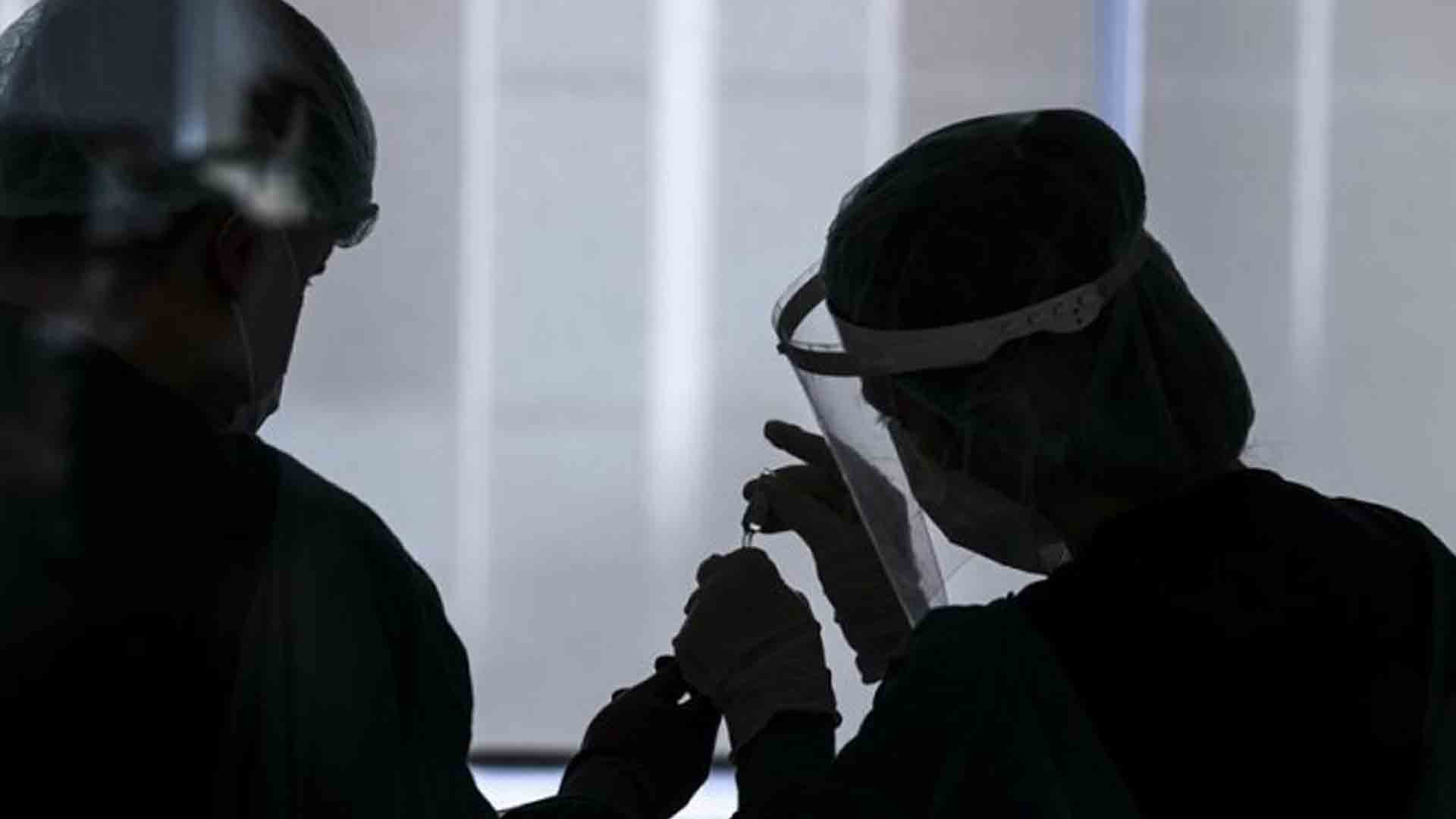Scientists in Japan have developed masks that “can trace coronavirus” after being exposed to ultraviolet light (UV).
A team of scientists at Kyoto Prefectural University in western Japan developed the masks using antibodies extracted from ostrich eggs, Kyodo News reported on Wednesday.
Led by the university president Yasuhiro Tsukamoto, 52, the team believes the masks “will offer users an easy way to test whether they have contracted the virus.”
“A coronavirus sample glows on a face mask filter under an ultraviolet light after being sprayed with a fluorescent dye containing antibodies,” the report said.
The team developed a special filter that is placed inside the face mask.
“The filter can be taken out and sprayed with a fluorescent dye containing the coronavirus antibodies from the ostrich eggs. If the virus is present, the filter will glow when shone under ultraviolet light,” it added.
Experiments were done for 10 days with 32 people infected with the coronavirus. In all cases, the scientists found that “all the masks they wore glowed under the UV light, which faded as time went by and their viral load decreased.”
If all goes well with the ongoing testing, the team hopes to gain approval from Japanese authorities to sell the masks next year.
Last February, the researchers had injected “an inactive and non-threatening form of the coronavirus into female ostriches.”
The experiment was successful since a huge quantity of antibodies were extracted from the ostriches’ eggs.
“Ostriches are capable of producing several different kinds of antibody, or proteins that neutralize foreign entities in the body,” the report said.
“We can mass-produce antibodies from ostriches at a low cost. In the future, I want to make this into an easy testing kit that anyone can use,” Tsukamoto said. (PNA)









